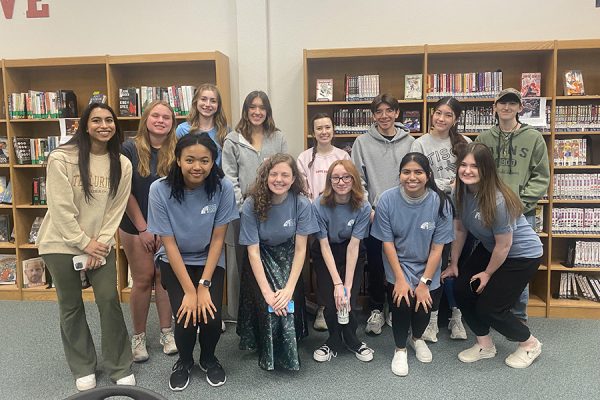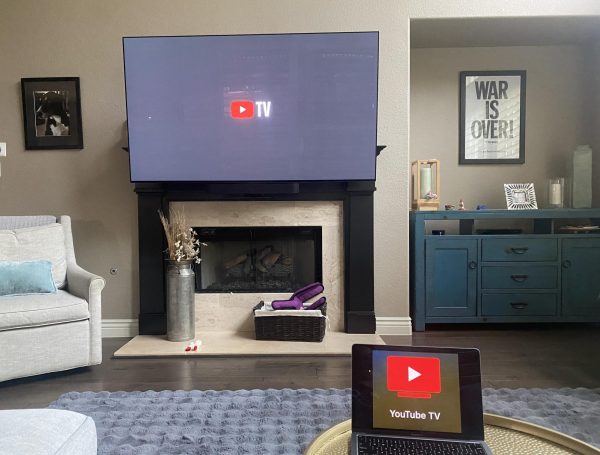The Perks of Being a College Recruit
Mckendree University in Lebanon, Illinois was the first college I went on a recruiting trip to. It is a division 2 school with a relatively small campus with 60% of it’s students involved in athletics.
October 12, 2016
The college recruiting process is a privilege. Coaches are hungry to win, and they bestow their spotlight of interest on the athletes they see potential in, the ones who can score points for them or help carry them to NCAA’s. The euphoric sense of feeling wanted by coaches is like no other, but becoming a collegiate athlete is a feat that requires heavy diligence and patience. It’s not as simple as, “I want to keep playing my sport so I’m going to in college,” it is an intricate puzzle that you piece together throughout your high school years to figure out if your goals and dedication qualify to fit the level of rigor you’ll be faced with in college athletics.
You receive your first call or your first letter from a coach and you are ecstatic. You feel desired; worthy of interest. This is the first step in figuring out where you want to continue your athletic career. If you find that this is a potential school of pursuit then you and that coach will continue to talk periodically to later reach the topic of official visits and scholarship negotiation.
“It’s really cool,” senior basketball player Keaton Hervey said. “A lot of coaches have reached out and given me the chance to play at their school. The coaches build up good relationships with you and your family. They are constantly calling and texting which can get overwhelming, but overall it’s a blessing.”
Recruiting can potentially become a long process that spans from fall to spring of your senior year. Improving your skill in your sport is a primary reason why some athletes wait until the spring season to sign. This way, more coaches, possibly ones within a higher division, have a chance to contact you if they notice your improvement and you may find your athletic offers to be much more enticing than before.
“I have not yet committed to play,” senior baseball player Hayden Craig said. “I am leaning toward my only offer from Panola College because they have shown a lot of interest in me, but depending on how the spring season goes, meaning if I get more offers, then I’ll pick which school is the best fit for me.”
After talking with a number of coaches and going on your official visits, it all concludes to where you will receive the most benefits when committing. Ultimately, the school that you find will be the place that you can see yourself living for the next four years, thriving within the classroom and excelling in the sport you’ve dreamed of taking to the next level. Senior volleyball player Lindsey Ledyard has already committed to continue her volleyball career at the University of Tulsa in Tulsa, Oklahoma.
“I love Tulsa,” Ledyard said. “It’s a beautiful campus with such amazingly pretty buildings and surrounding scenes. I decided to commit here because I love the coaches, the players, the academics are great, once again I love the campus and the small school structure is something I like as well. Tulsa has 4,000 students. It’s also very close to home and that is very important to me considering my family is a major part of my life.”
Throughout my personal recruiting process as a swimmer, I have found that my character has grown exponentially. I’ve learned to strengthen my patience when waiting for my desired colleges to contact me, as well as the mental drive to push myself during training in order to race faster and grant those coaches with a reason to focus their efforts on me. I’ve learned to accept the fact that the future holds great things for me and trust that in the end, I will end up at the school and on the team I was distended to be a part of.

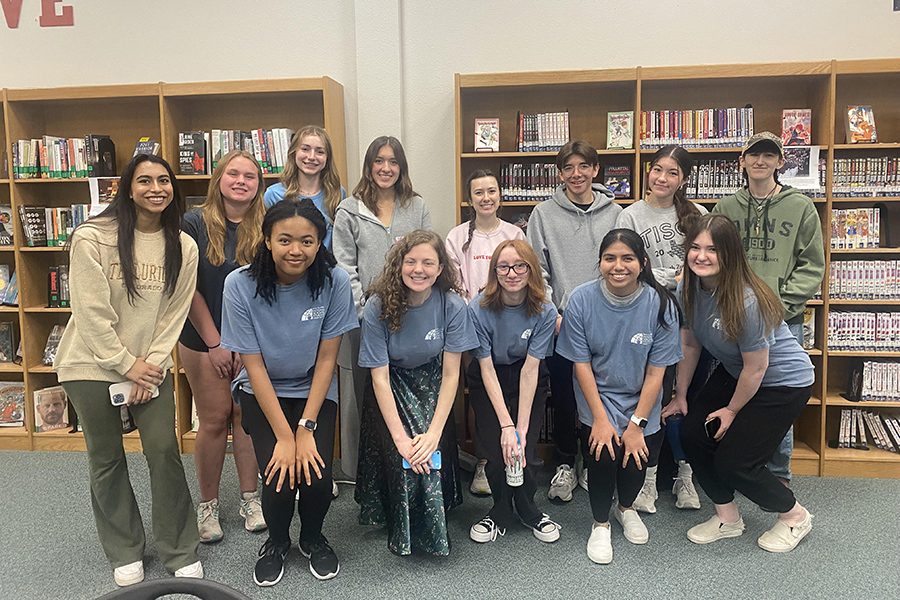

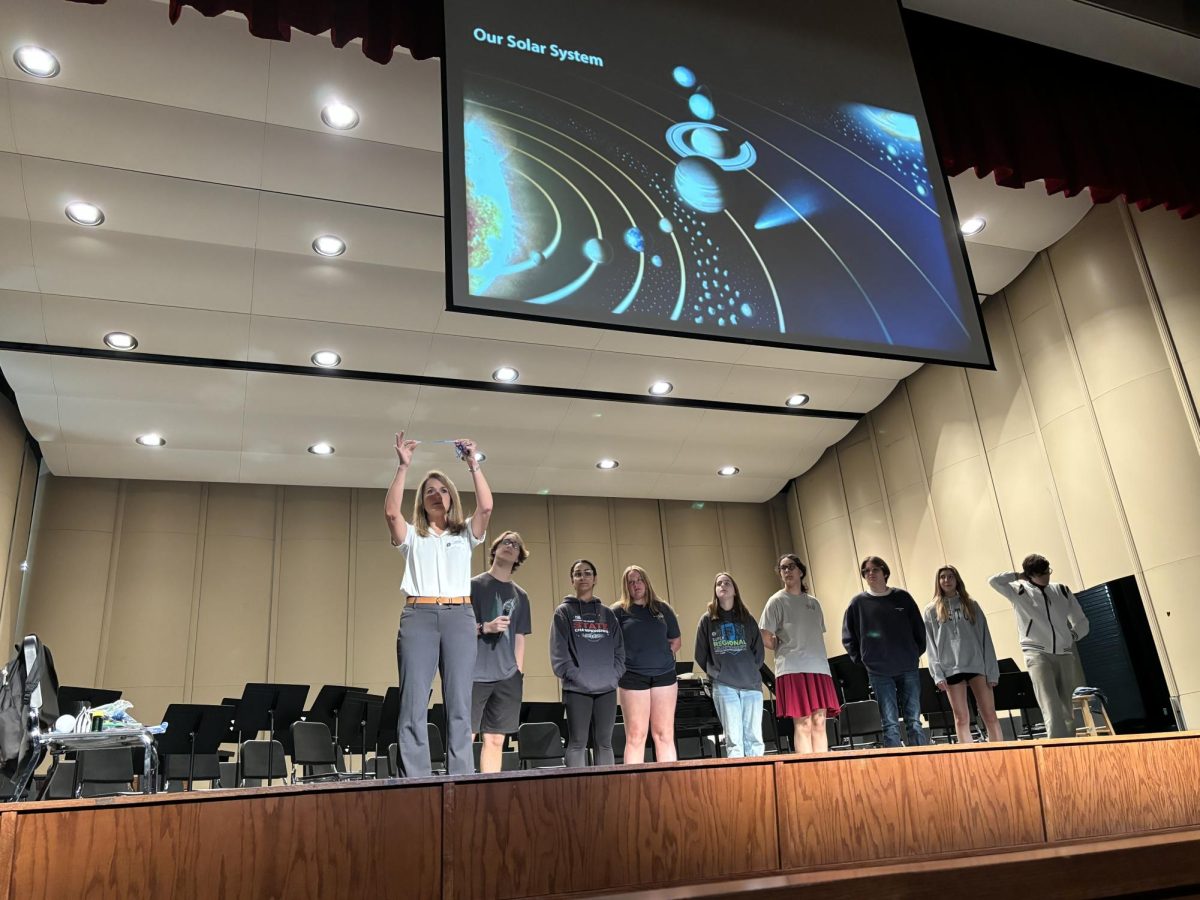
![Walking through the tunnel created by the cheerleaders and Celebrities, senior Frances Tran smiles as the soccer team is sent off during DEN for their playoff game against Rouse tonight. Tran said the wins against Smithson Valley and Alamo Heights gave the team a morale boost to take on the Raiders tonight. “I know we were not 100% confident in those games,” Tran said. “But, Rouse is a big opponent for sure. We’re definitely going into tonight with a lot of morale [because of the previous wins].”](https://cphswolfpack.com/wp-content/uploads/2024/04/frances-tran.jpg)

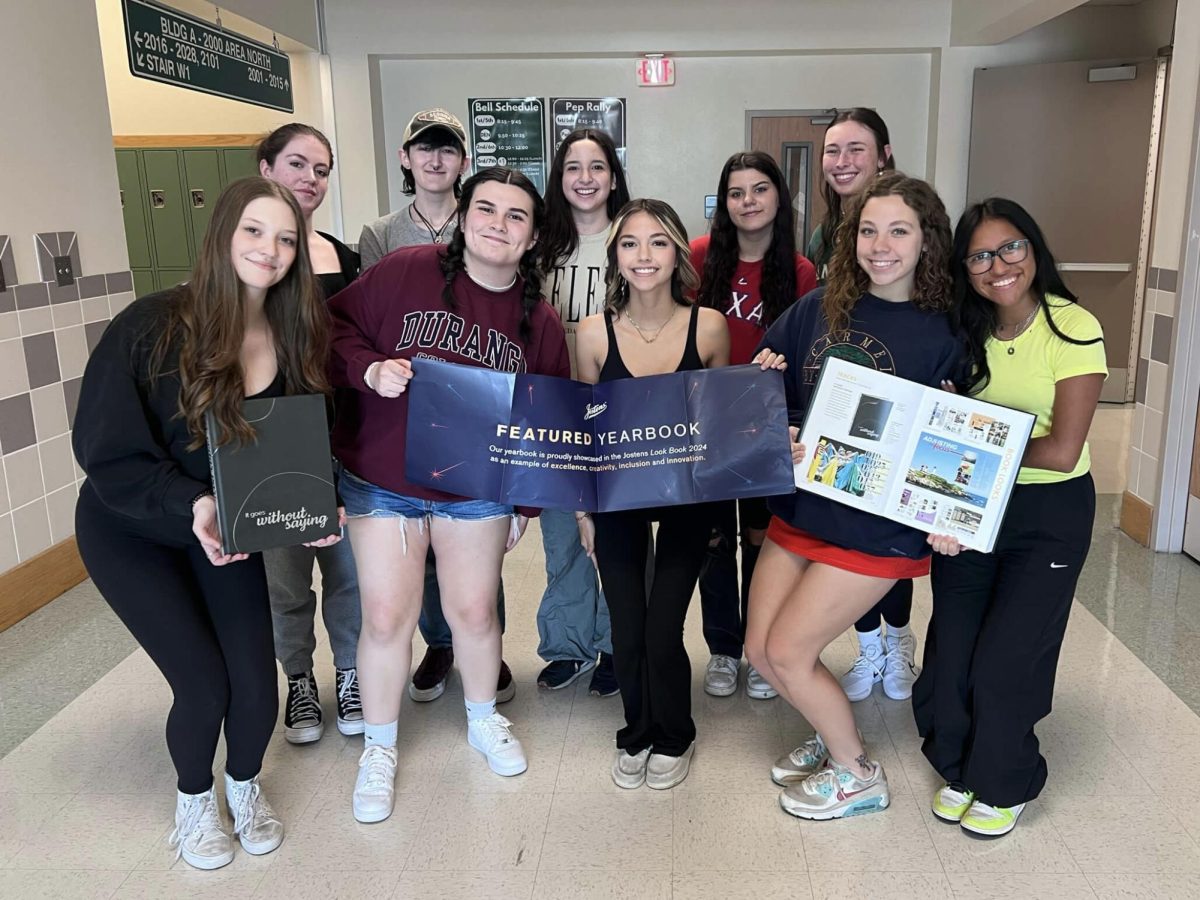

![Holding a bucket of materials in one hand and a roll of tape in another, anatomy and biology teacher Tyler Terry prepares for a lab. Terry said his proudest moments are when his students are happy to see him. “When I take my wife to a football game or something and a bunch of students want to say hi to me or they like to smile and wave and it just makes me feel good that the students are really kind and supportive of me,” Terry said. “[I’m also] proud when I see students perform really well in their extracurriculars because I can see how hard they’re working in my classes, [so] when I see that they’re also working so hard in other things. Like they’re winning band competitions or they’re getting awards for their theater productions, or I see them put on their choir shows, that’s like, wow, you guys are incredible.”](https://cphswolfpack.com/wp-content/uploads/2024/04/Rags-6.png)



![Catching a ball, junior Alivia Robinson plays at the Cedar Park vs Glenn game. Having played since she was 5 years old, she is dedicated to softball and has committed to UTPB for softball. “When I got my offer it took me a very long time to decide where,” Robinson said. “Softball has always been my dream for college, and UTPB is my fit. When [I committed] I knew I was going to be loved and supported.”](https://cphswolfpack.com/wp-content/uploads/2024/04/Lilly-Adams-3.13aliviaedit-901.jpg)

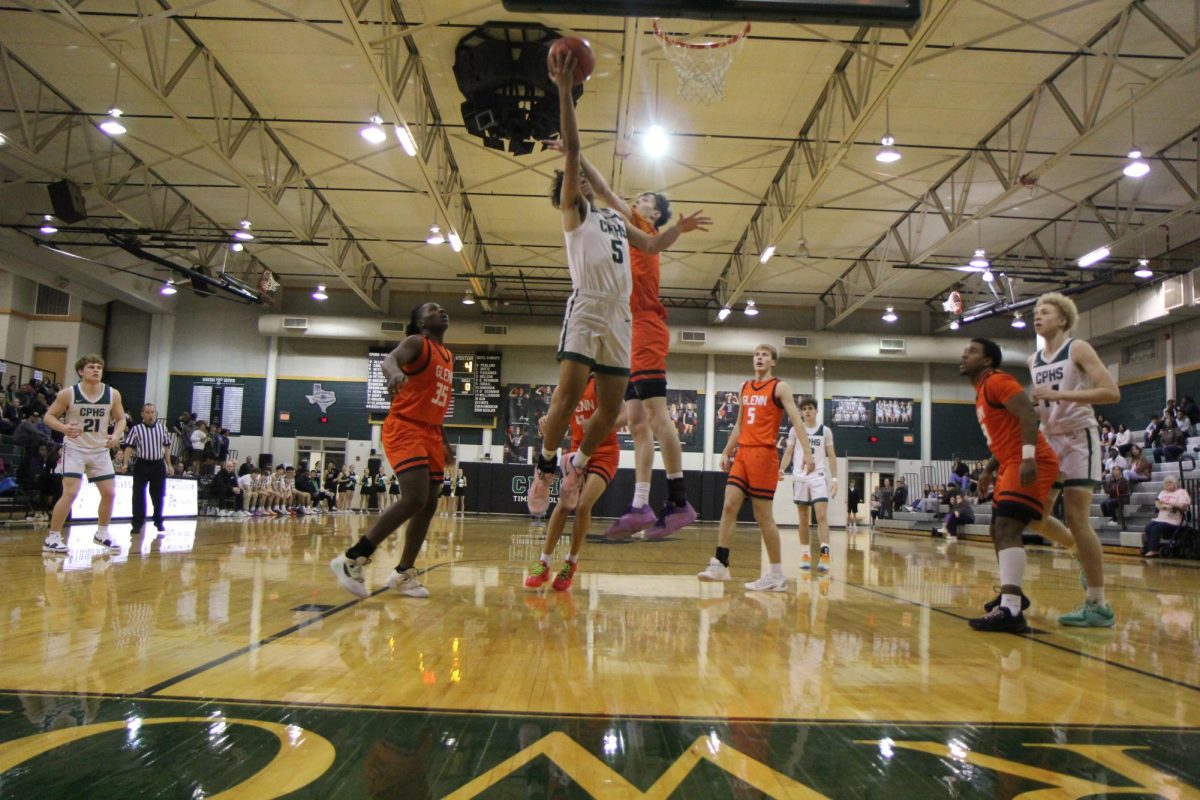

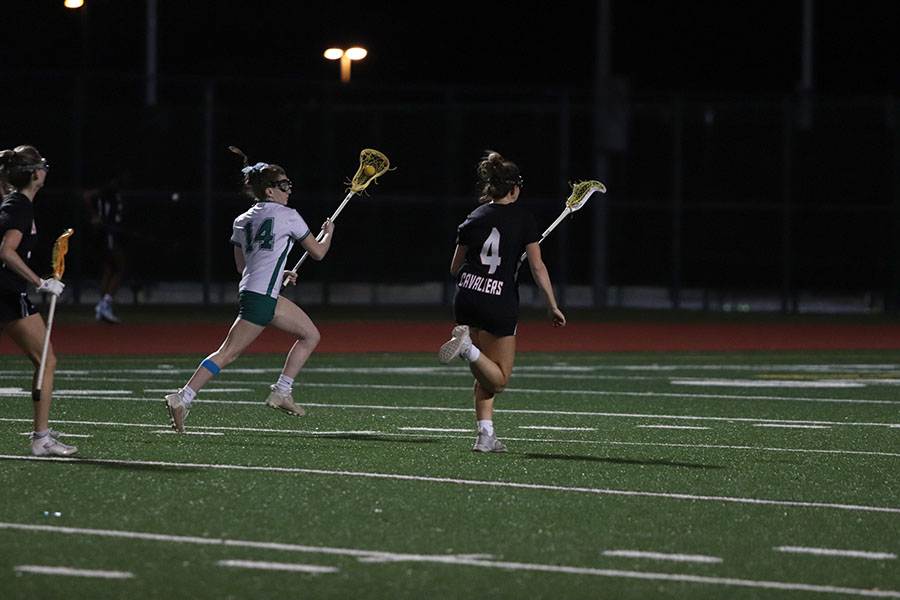
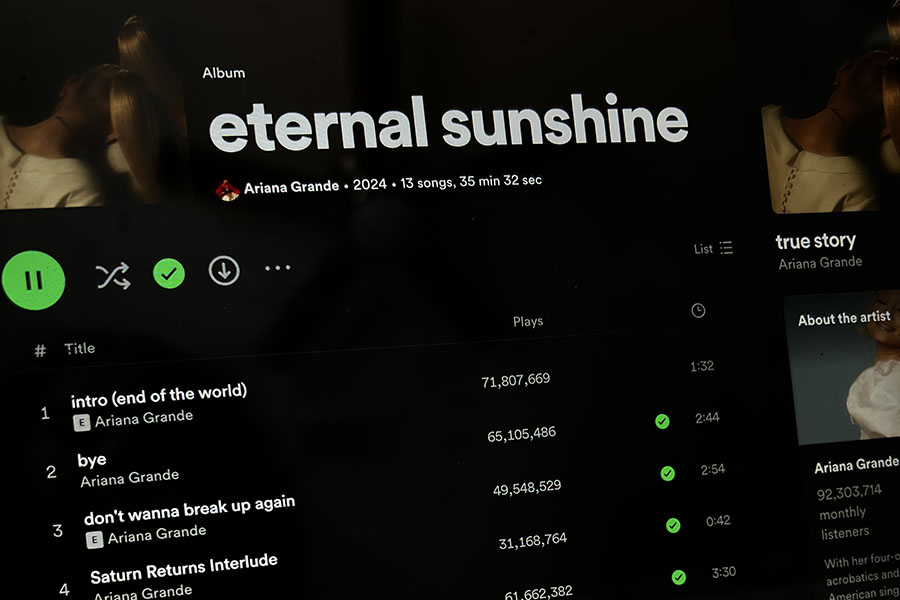





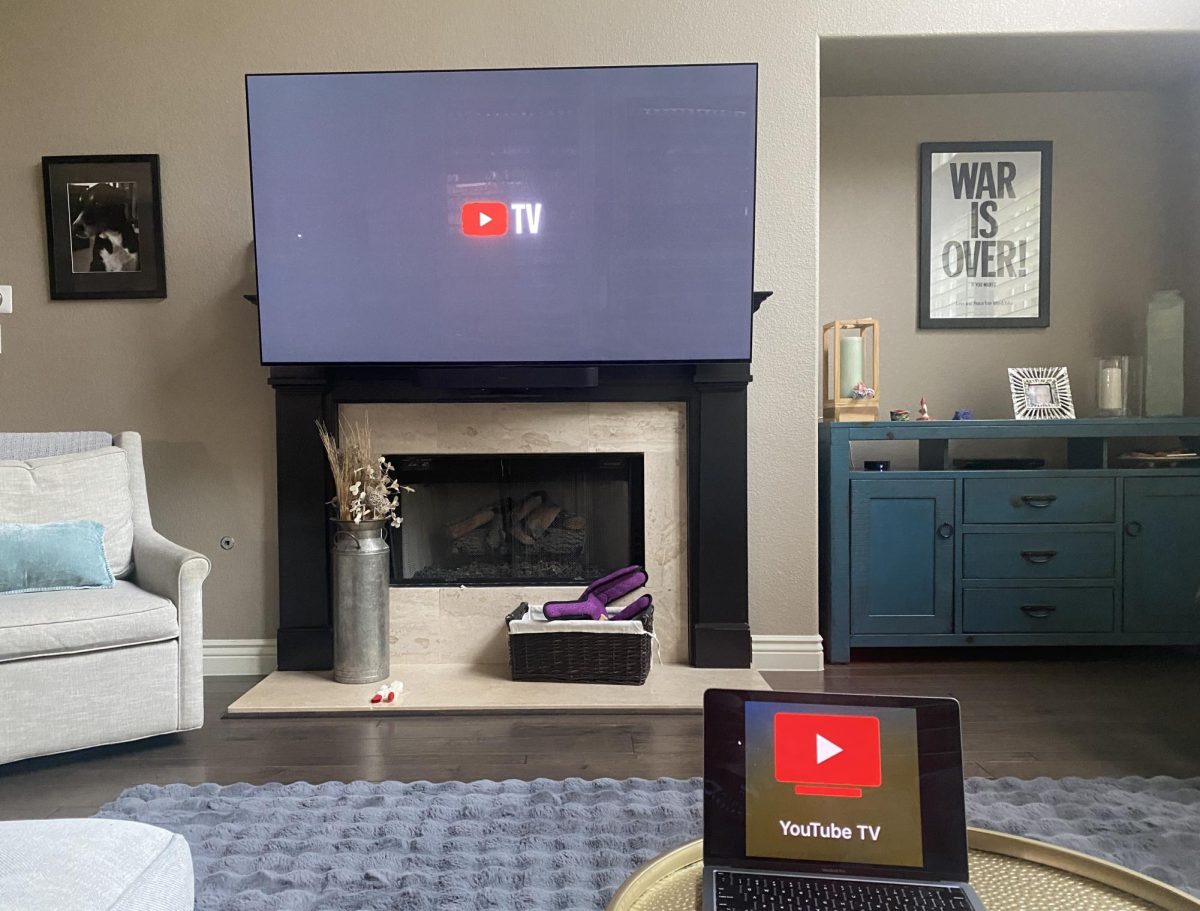



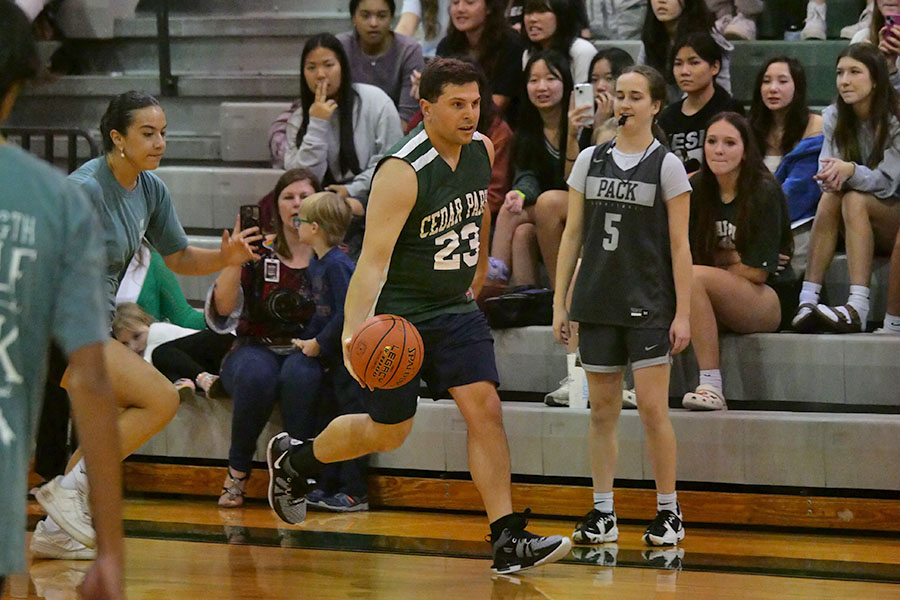


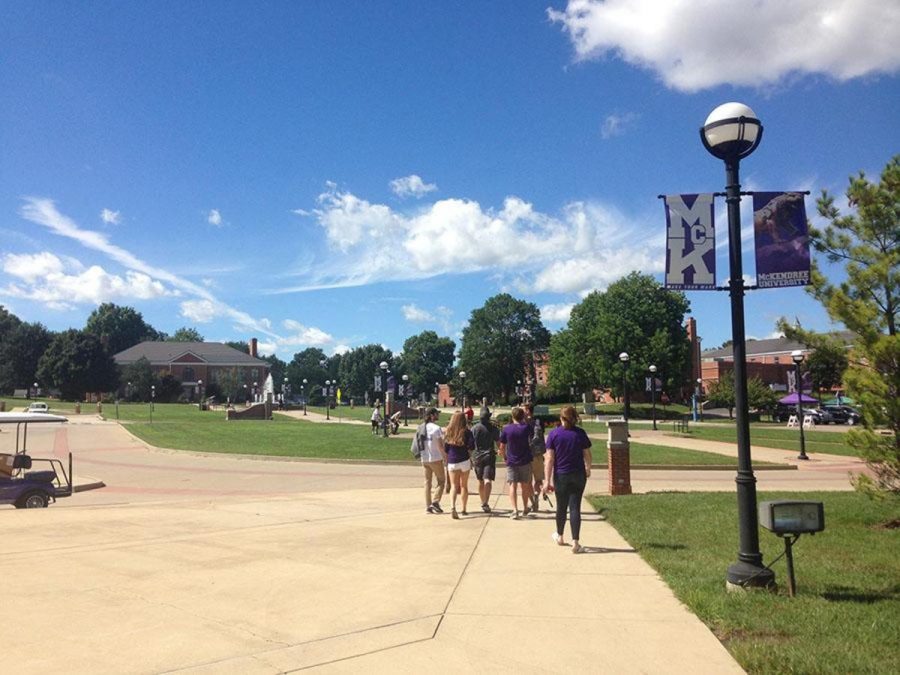

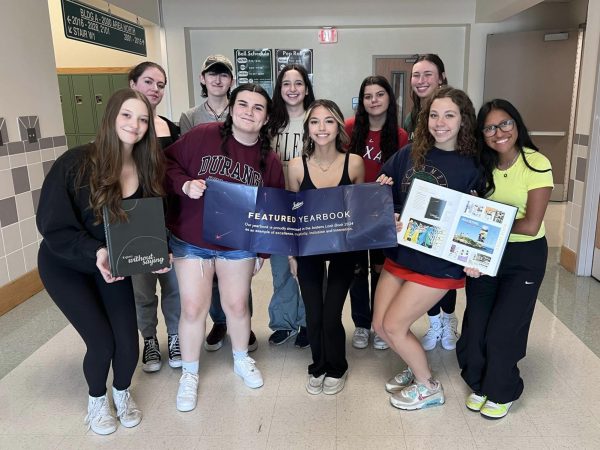
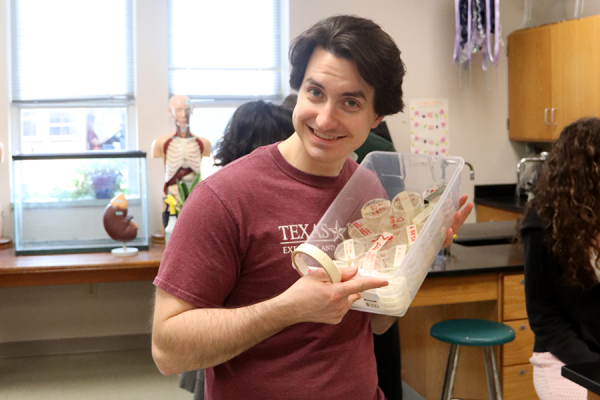
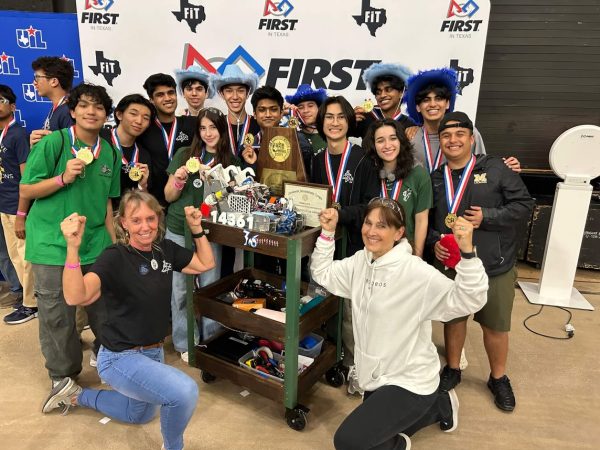
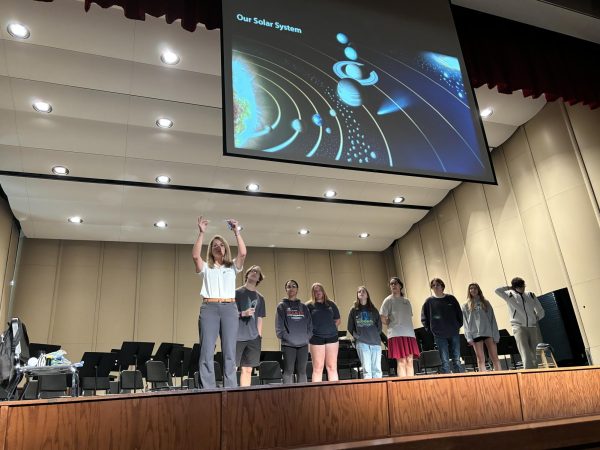

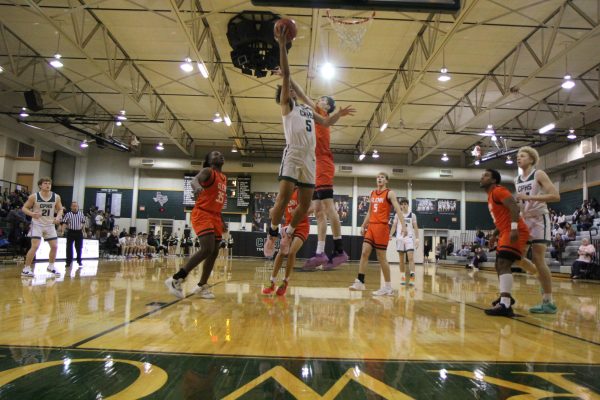





![Holding her dog, Nova, senior Ariana Balakrishnan poses for her senior pictures while Nova wears a bandana with her college decision. Balakrishnan applied to 18 colleges in total, but she decided on Columbia in the end. “Right before I clicked the button to open Columbia’s letter, I literally looked at the camera and go ‘This is just gonna really suck because I wanted it so bad,’ and I clicked it and all of a sudden you hear trumpets,” Balakrishnan said. “There’s a video that plays when you open it and I actually didn’t watch the video, I just watched the screen go black, because every day of December before ED [Early Decision] I would go on YouTube and watch the acceptance video to manifest it, so immediately when the screen went black, I started screaming and jumping up and down. And my parents in the video are like ‘What are you doing, where’s the letter,’ and I was just screaming ‘I got in, I got in.” I just started crying, and it just felt like everything in the world came together.”](https://cphswolfpack.com/wp-content/uploads/2023/04/ariana-2-300x217.jpg)


![Catching a ball, junior Alivia Robinson plays at the Cedar Park vs Glenn game. Having played since she was 5 years old, she is dedicated to softball and has committed to UTPB for softball. “When I got my offer it took me a very long time to decide where,” Robinson said. “Softball has always been my dream for college, and UTPB is my fit. When [I committed] I knew I was going to be loved and supported.”](https://cphswolfpack.com/wp-content/uploads/2024/04/Lilly-Adams-3.13aliviaedit-901-600x400.jpg)
